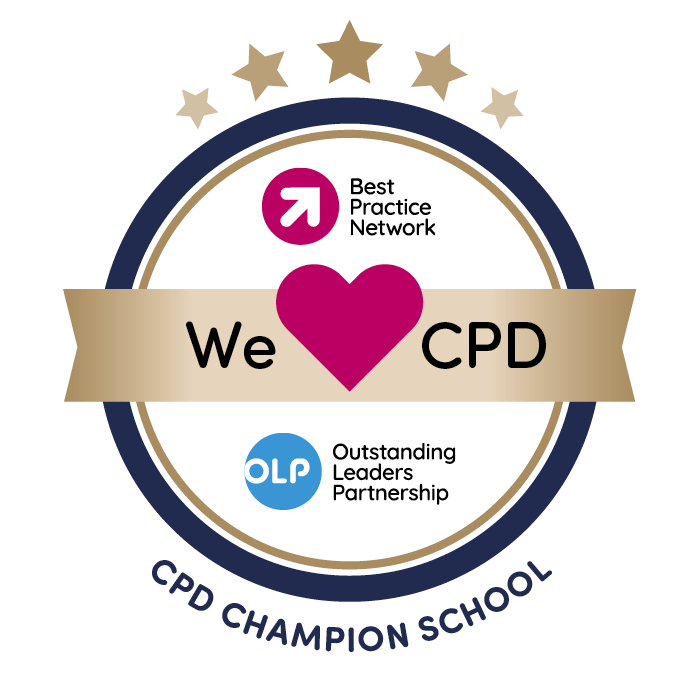E-Safety
The internet is essential in 21st century life for education, business and social interaction and as a result, e-safety is an integral part of children’s education and is embedded in their learning at school. As children move up through the school, their access to various types of technology increases and it stands to reason that their exploration and curiosity will increase too.
The positives of the digital world overwhelmingly outweigh the negatives but children, schools and parents all need to be aware of various online risks. We want to help our parents and children improve their own understanding of e-safety issues so they can learn to use the internet and all digital media in a safe and secure way.
At Downley, we regularly remind the children of how to use the internet safely and have used an external company to lead sessions with children and parents alike, in order to assist and advise them of how to stay safe online. It’s essential to be realistic - banning the internet or technology will not work and it often makes a child less likely to report a problem. Education around safe use is essential.
We teach the children to use the internet safely using these top tips- http://static.lgfl.net/LgflNet/downloads/online-safety/misc/Thinkuknow-Sids-Top-Tips.pdf
Advice for parents
As a parent, you'll know how important the internet is to children - they use it to learn, play, socialise and express themselves. However, you might worry about the risks your child can face online - such as bullying, contact from strangers or the possibility of them seeing illegal or inappropriate content.
Here are five top tips on how to ensure your child is safe and protected online:
- Keep the computer/internet access in a family area
- Be alert for any signs that your child is distressed or uneasy after using any devices
- Install software to protect your device’s security and set a search filter to restrict the type of websites that are found
- Keep up-to-date on what your children do online by helping them with any online tasks
- Keep evidence of any offending emails or messages and ensure you report them immediately
To try and help parents with the fast moving and changing world of internet and social media, we've suggested a few internet sites below which are fantastic resources. They contain information on different types of social media and how to help keep children safe.
https://www.internetmatters.org/
https://www.nspcc.org.uk/preventing-abuse/keeping-children-safe/
https://www.saferinternet.org.uk/advice-centre/parents-and-carers
You can download the DofE advice for parents on cyberbullying here-
It's important to remember that the legal age to have an account on most social media - Instagram, Facebook, Youtube, Snapchat - is 13 years old.




